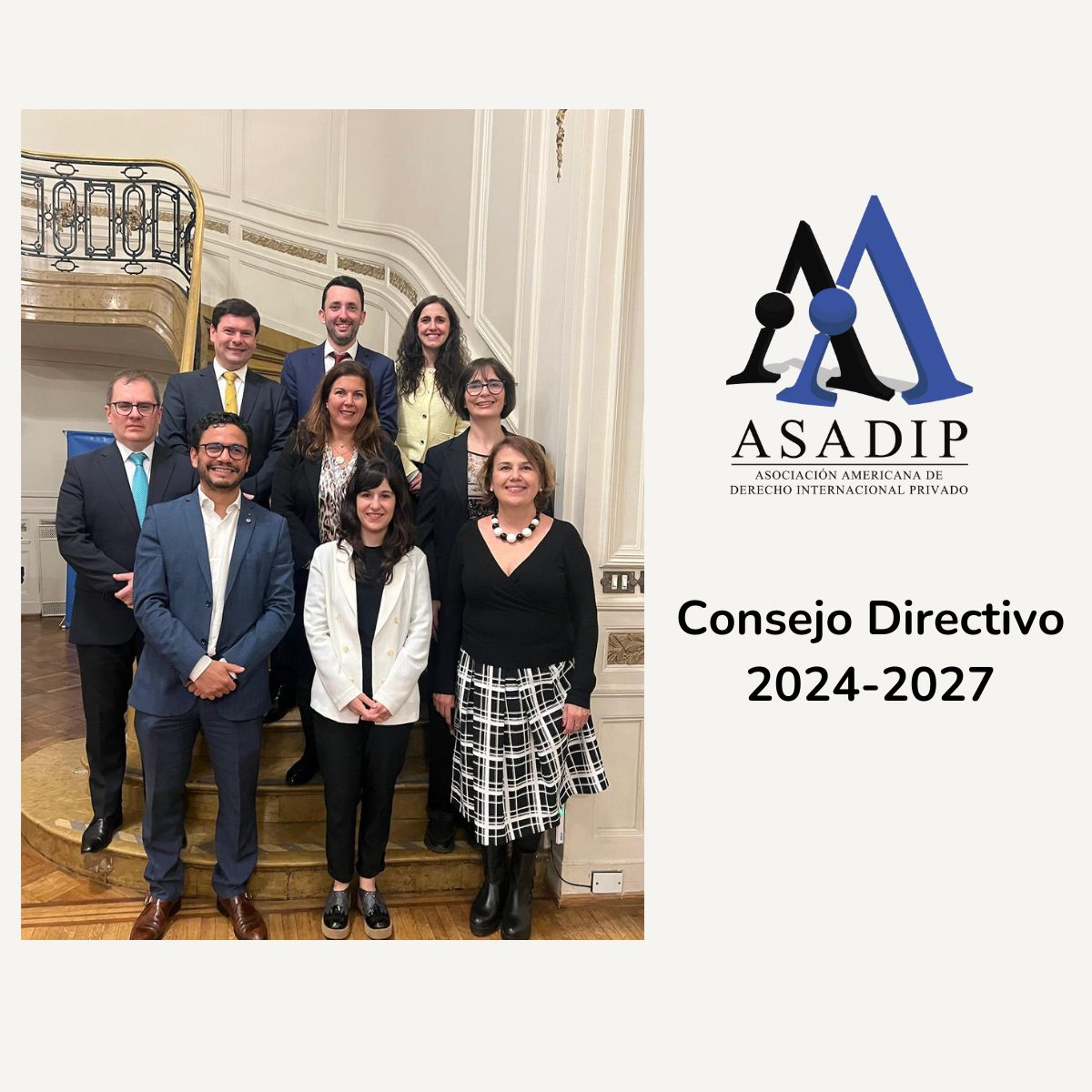Views
Looking but not Seeing the Economic Unit in Cartel Damage Claims – Opinion of Advocate General in Case C-425/22, MOL Magyar Olaj- és Gázipari Nyrt. v Mercedes-Benz Group AG
By Professor András Osztovits*
I. Introduction
The heart of European economic integration is the Single Market, which can only function properly and provide economic growth and thus social welfare if effective competition rules ensure a level playing field for market players. The real breakthrough in the development of EU competition policy in this area came with Regulation 1/2003/EC, and then with Directive 2014/104/EU which complemented the public law rules with private law instruments and made the possibility to bring actions for damages for infringement of competition law easier.
„El clásico“ of Recognition and Enforcement – A Manifest Breach of Freedom of Expression as a Public Policy Violation: Thoughts on AG Szpunar 8.2.2024 – Opinion C-633/22, ECLI:EU:C:2024:127 – Real Madrid Club de Fútbol
By Madeleine Petersen Weiner, Research Fellow and Doctoral Candidate at Heidelberg University
Introduction
On 8 February 2024, Advocate General (AG) Szpunar delivered his Opinion on C-633/22 (AG Opinion), submitting that disproportionate damages for reputational harm may go against the freedom of expression as enshrined in Art. 11 Charter of Fundamental Rights of the European Union (CFR). The enforcement of these damages therefore may (and at times will) constitute a violation of public policy in the enforcing state within the meaning of Art. 34 Nr. 1 Brussels I Regulation. The AG places particular emphasis on the severe deterring effect these sums of damages may have – not only on the defendant newspaper and journalist in the case at hand but other media outlets in general (AG Opinion, paras. 161-171). The decision of the Court of Justice of the European Union (CJEU) will be of particular topical interest not least in light of the EU’s efforts to combat so-called “Strategic Lawsuits Against Public Participation” (SLAPPs) within the EU in which typically financially potent plaintiffs initiate unfounded claims for excessive sums of damages against public watchdogs (see COM(2022) 177 final).
Dubai Supreme Court Admits Reciprocity with the UK and Enforces an English Judgment
Introduction:
I have been reporting on this blog some recent cases from the Dubai Supreme Court (DSC) regarding the recognition and enforcement of foreign judgments (see here, here and here). Reading these posts may have given the legitimate impression that the enforcement of foreign judgments in the UAE, and especially in Dubai, is particularly challenging. This post aims to mitigate that perception by shedding light on a very recent case in which the Dubai courts, with the approval of the DSC, ruled in favor of the enforcement of an English judgment. As the comments below indicate, this is probably the very first case in which the DSC has positively ruled in favor of the enforcement of an English judgment by declaring that the judgment in question met all the requirements set out in UAE law, and in particular, the reciprocity requirement.
News
The Supreme People’s Court of the People’s Republic of China issued the Notice on Procedural Matters Related to Civil Cases Involving Foreign State Immunity
(This is written by Xiaoxuan Gu, a PhD student in School of Law, University of Macau)
The Foreign State Immunity Law of the People’s Republic of China (CFSIL) took effect on January 1, 2024.[i] To ensure its proper implementation and guide courts nationwide in lawfully and efficiently adjudicating civil cases involving foreign state immunity, the Supreme People’s Court (SPC) formulated supporting procedural rules. On March 26, 2025, the SPC issued the Notice on Procedural Matters Related to Civil Cases Involving Foreign State Immunity (hereinafter the “Notice”), which provides definitive guidance to courts at all levels in handling such novel foreign-related cases.
The Notice stipulates provisions on key procedural matters, including case acceptance criteria, centralized jurisdiction mechanisms, service of process rules, jurisdictional immunity review procedures, and protocols for obtaining evidentiary certifications from the Ministry of Foreign Affairs. Read more
ASADIP: Annual Conference, Moot and New Board



Annual conference
The Annual Conference of the American Association of Private International Law (ASADIP) will take place on 7-9 August 2025 in Rio de Janeiro (Brazil). More information will be available soon. Read more
Legal Internships at the HCCH
Applications are now open for three- to six-month legal internships at the headquarters of the Permanent Bureau of the Hague Conference on Private International Law (HCCH) in The Hague, for the period from July to December 2025!
Interns work with our legal teams in the Family and Child Protection Law Division, the Transnational Litigation and Apostille Division, and the Commercial, Digital and Financial Law Division. Duties may include carrying out research on particular points of private international law and/or comparative law, taking part in the preparation of HCCH meetings and contributing to the promotion of the HCCH and its work.
Applications should be submitted by Friday, 25 April 2025 at 18.00 (CEST). For more information, please visit the Internships Section of the HCCH website.
This post is published by the Permanent Bureau of the Hague Conference of Private International Law (HCCH).



